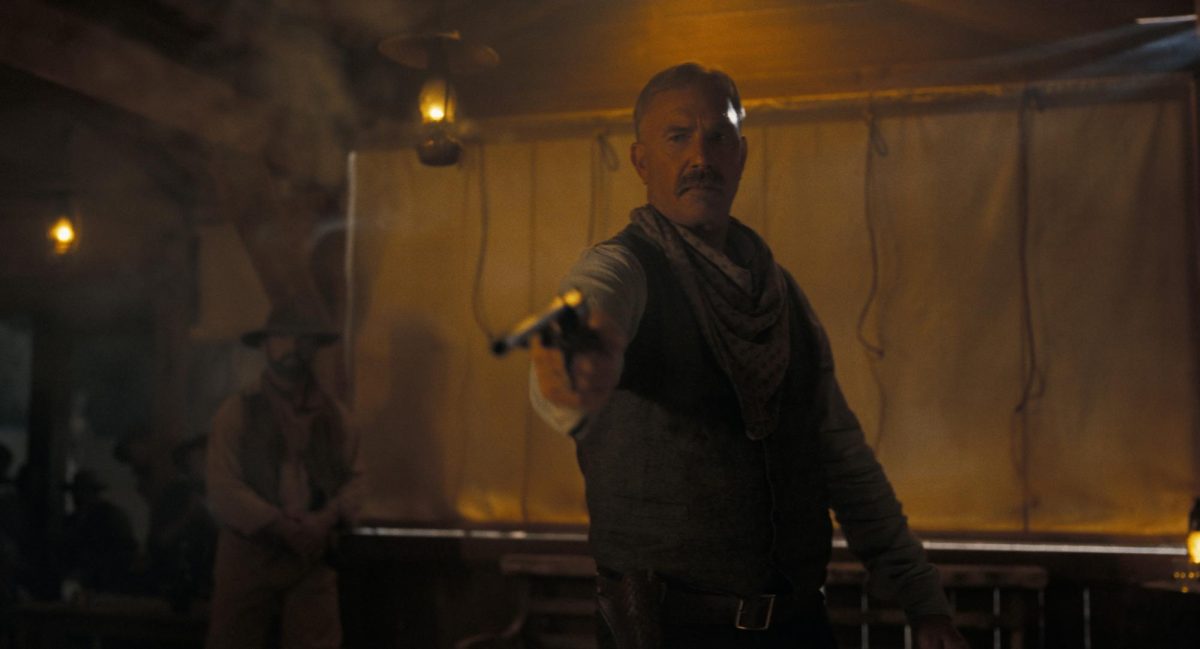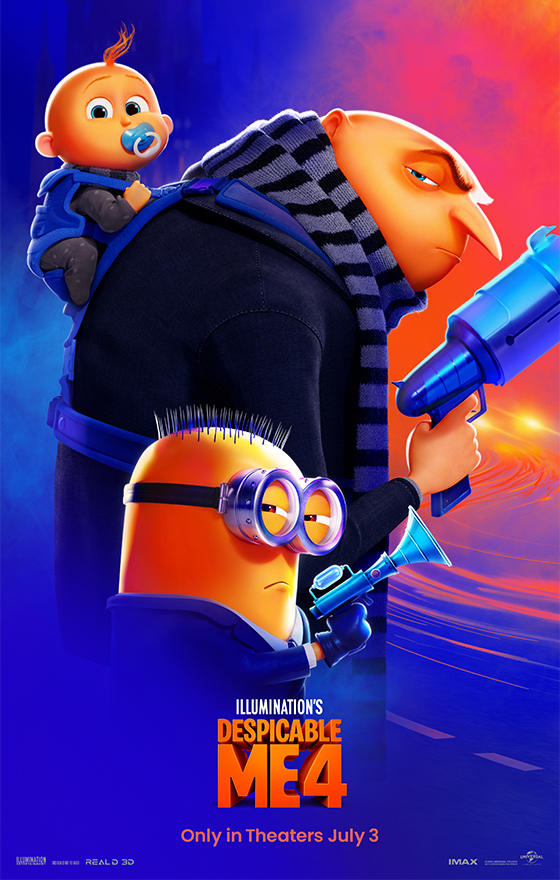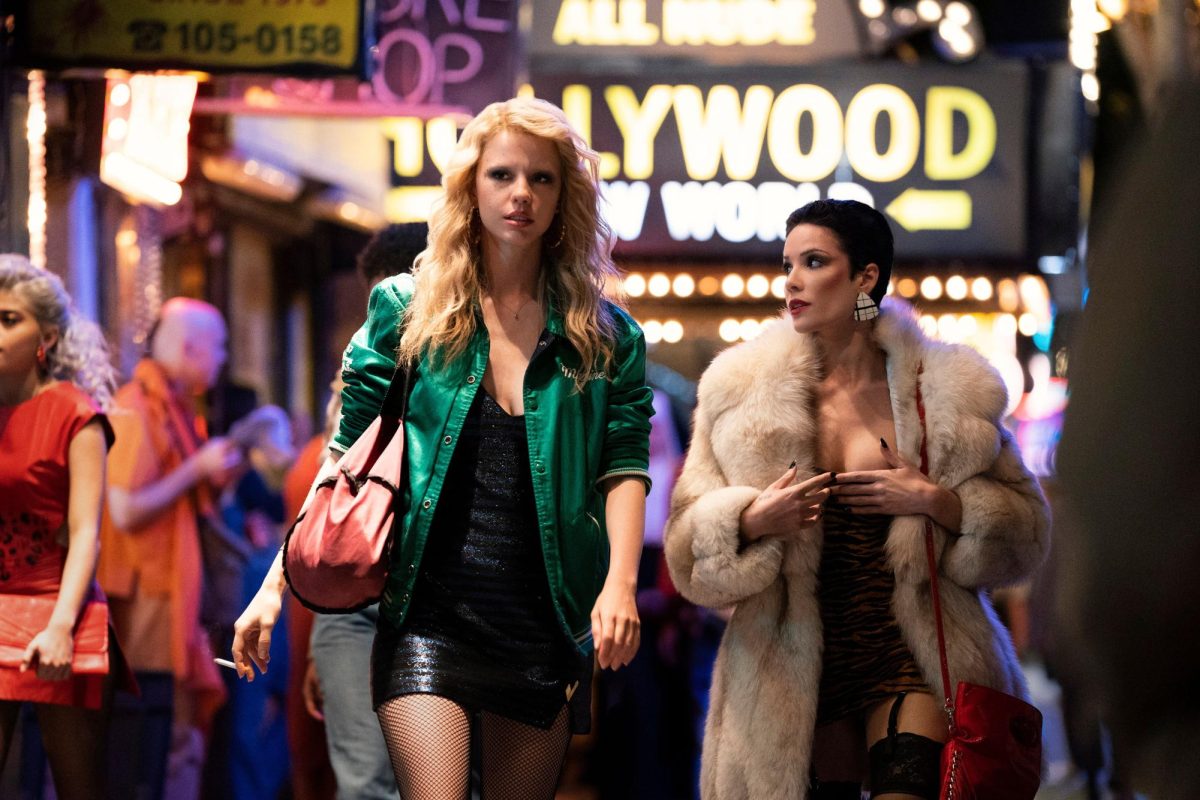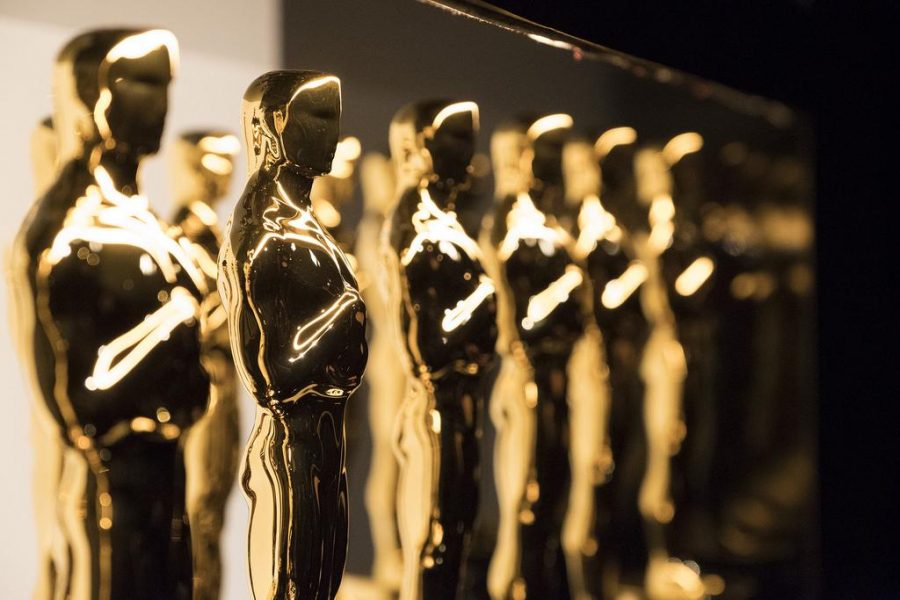“BlacKkKlansman” is the sobering dark comedy from renowned director Spike Lee, who is known for his commentary on race relations in America. “BlacKkKlansman” picked up six Oscar nominations, including a chance at Best Picture and Lee’s first nomination for Best Director.
The movie dramatizes the true-ish accounts of Ron Stallworth (John David Washington), the first black cop to work at the Colorado Springs Police Department. Tired of the tedium and casual racism of the records room, Stallworth quickly volunteers himself as an undercover detective. Stallworth decides to call the local Ku Klux Klan chapter after seeing an advertisement in the local paper. After easily convincing the group’s leader, the charismatic Walter Breachway (Ryan Eggold) that he is an upstanding white American who hates black people, Stallworth recruits Jewish colleague Flip Zimmerman (Adam Driver, nominated for his performance) to be the face of his ruse. Through phone calls and meetings, even with the Grand Dragon himself, David Duke (Topher Grace), the two infiltrate the Colorado Springs chapter of the KKK with hopes of uncovering the group’s violent intentions.
The film is the most recent in a long line of provocative and politically charged films from Lee. Cannes Grand Prix-winning “BlacKkKlansman” draws heavy-handed lines between the events in the film and present-day America. While oversimplified and obvious, these parallels are poignant and help drive home the point that white supremacy, and specifically the KKK, is still a menacing presence in America. Dialogue takes far from subtle jabs at our current commander-in-chief, and footage from the events in Charlottesville, Virginia in 2017 provides a fitting epilogue. “BlacKkKlansman” succeeds as a rallying cry for justice in a society with persistent racial inequality and an emboldened radical left.
Some elements of the plot do exploit historical inaccuracies as a method of storytelling. The identity of Stallworth’s partner who went undercover is unknown, allowing the film to develop whatever character the story needed to drive home the point. The decision to make the character Jewish helps define the film’s ties to the present. While effective, Zimmerman’s entire persona was fabricated.
Lee also received criticism from filmmaker Boots Riley for omitting the years Stallworth spent undercover in black civil rights groups. Riley claims Stallworth participated in an FBI program working to dismantle groups fighting against racism. Of course, most historical fiction omits or embellishes events to make a point. In a film like “BlacKkKlansman,” where the goal is less to tell the true life’s story of an individual and instead comment more broadly on society, these omissions and embellishments are even more forgivable.
While the academy typically shies away from awarding Best Picture to politically charged pieces, “BlacKkKlansman,” without a doubt, deserves the nomination for Best Picture, and when compared to some of the other nominees — cough, “Bohemian Rhapsody” — it definitely deserves to win. When pitted against nominees like “Roma” the decision isn’t as clear, at least not in favor of “BlacKkKlansman.” On the contrary, Lee is the obvious choice for Best Director, and a nomination for Lee is long overdue. A win for Lee would make him the first black filmmaker to win Best Director.
“BlacKkKlansman” was also nominated for Best Original Music Score, Best Film Editing and Best Adapted Screenplay.














